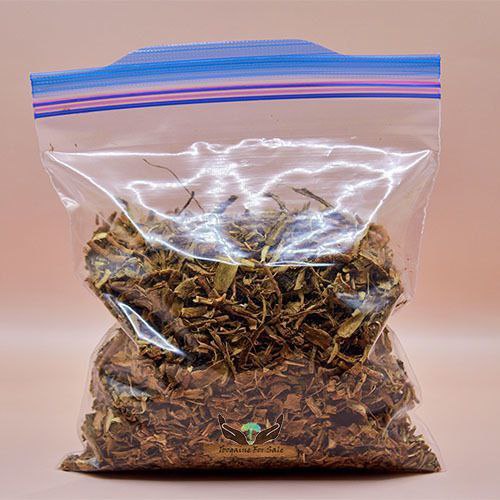Introduction
In recent years, the exploration of psychedelic substances for therapeutic purposes has gained significant momentum. Among these, ibogaine—a naturally occurring psychoactive compound found in the root bark of the African shrub Tabernanthe iboga—has emerged as a promising candidate for treating various mental health conditions, including addiction, depression, and PTSD. This comprehensive guide aims to shed light on the health benefits of ibogaine, its mechanisms of action, and how it can be integrated into a holistic approach to wellness.
Understanding Ibogaine
Origins and Traditional Use
Ibogaine has a rich history rooted in the spiritual and healing practices of West African cultures, particularly among the Bwiti religion in Gabon and Cameroon. Traditionally, it has been used in initiation ceremonies and healing rituals, valued for its powerful psychoactive properties that facilitate deep introspection and spiritual connection.
Chemical Composition and Mechanism
Chemically, ibogaine is classified as a psychoactive indole alkaloid. Its unique structure allows it to interact with various neurotransmitter systems in the brain, including serotonin, dopamine, and NMDA receptors. This interaction is believed to reset neural pathways, potentially alleviating symptoms of addiction and mood disorders.
Health Benefits of Ibogaine
1. Addiction Interruption
One of the most notable applications of ibogaine is in the treatment of substance use disorders. Research indicates that ibogaine can significantly reduce withdrawal symptoms and cravings associated with opioids, alcohol, and stimulants. A study published in the Journal of Psychopharmacology found that a single dose of ibogaine led to sustained reductions in opioid use over a 12-month period.
2. Alleviation of Depression and Anxiety
Beyond addiction, ibogaine shows promise in treating mood disorders. Its ability to modulate serotonin and dopamine levels can result in improved mood and reduced anxiety. A pilot study reported significant improvements in depression and anxiety symptoms among participants following ibogaine treatment.
3. PTSD Treatment
Post-traumatic stress disorder (PTSD) is a debilitating condition that can be challenging to treat. Ibogaine’s capacity to facilitate deep psychological processing may help individuals confront and integrate traumatic experiences. Veterans undergoing ibogaine therapy have reported substantial reductions in PTSD symptoms.
4. Neuroprotective Effects
Emerging research suggests that ibogaine may possess neuroprotective properties, potentially aiding in the recovery from traumatic brain injuries. Studies indicate that ibogaine can promote neurogenesis and enhance neural plasticity, contributing to cognitive and emotional healing.
Safety and Considerations
While ibogaine offers significant therapeutic potential, it is essential to approach its use with caution. Potential risks include cardiac complications and interactions with other medications. Therefore, ibogaine treatment should be administered under medical supervision, preferably in a clinical setting equipped to handle emergencies.
Legal Status
The legal status of ibogaine varies globally. In the United States, it is classified as a Schedule I substance, making its use illegal. However, countries like New Zealand and Mexico permit ibogaine therapy under specific regulations. It’s crucial to research and understand the legal implications in your jurisdiction before considering treatment.
Accessing Ibogaine Products
For those seeking quality ibogaine products, UK Mushroom offers a range of options, including iboga root bark and ibogaine HCL. Their commitment to sourcing and providing high-quality, lab-tested products ensures safety and efficacy for consumers.
Integrating Ibogaine into Wellness Practices
Incorporating ibogaine into a holistic wellness plan involves more than just the treatment itself. Post-treatment integration, including therapy, support groups, and lifestyle changes, is crucial for sustaining the benefits. Combining ibogaine therapy with practices like mindfulness, nutrition, and exercise can enhance overall well-being.
Conclusion
Ibogaine stands at the forefront of psychedelic-assisted therapy, offering hope for individuals struggling with addiction, depression, and PTSD. Its unique ability to reset neural pathways and facilitate profound psychological healing positions it as a valuable tool in modern medicine. As research continues to unfold, ibogaine may become an integral part of holistic health strategies worldwide.

No Responses